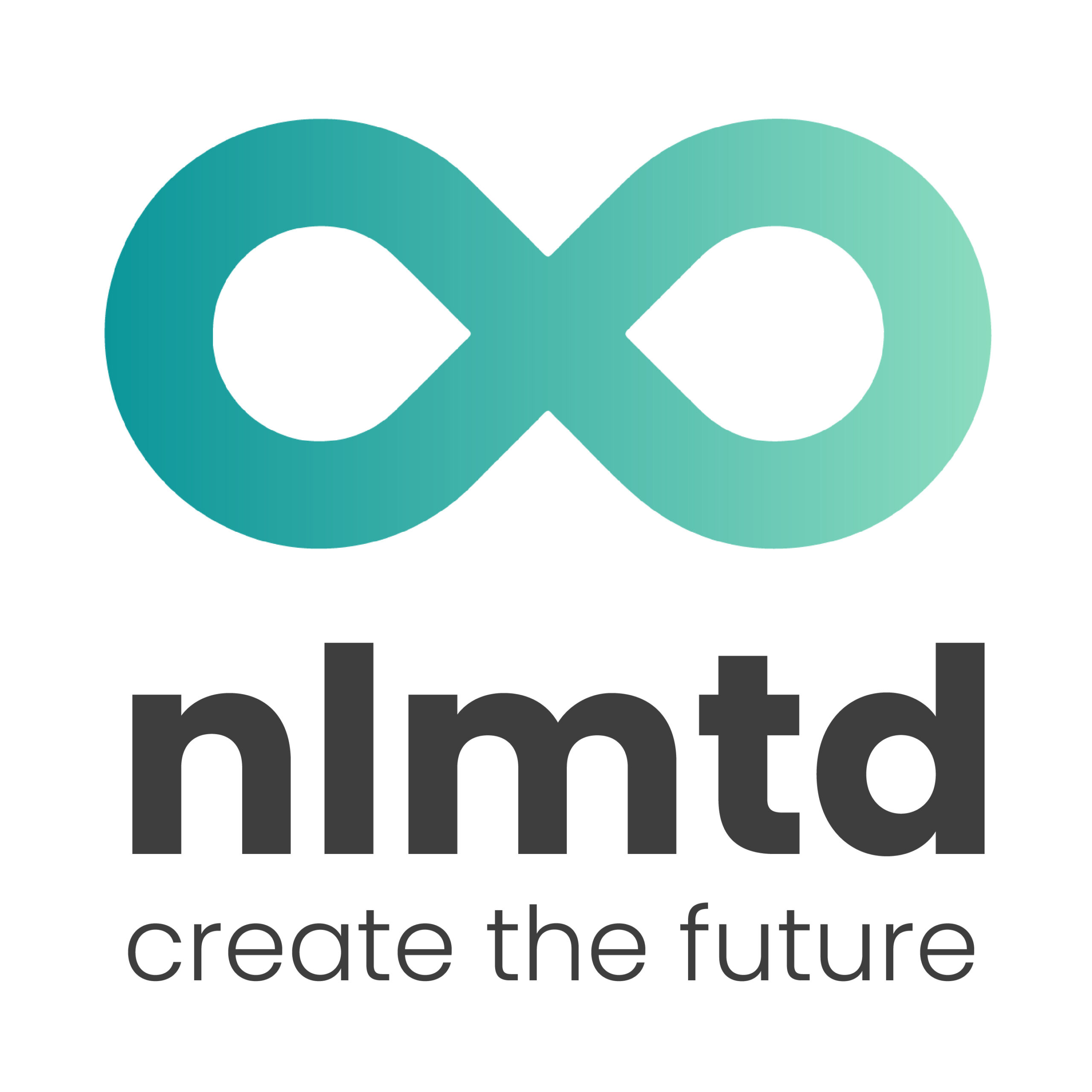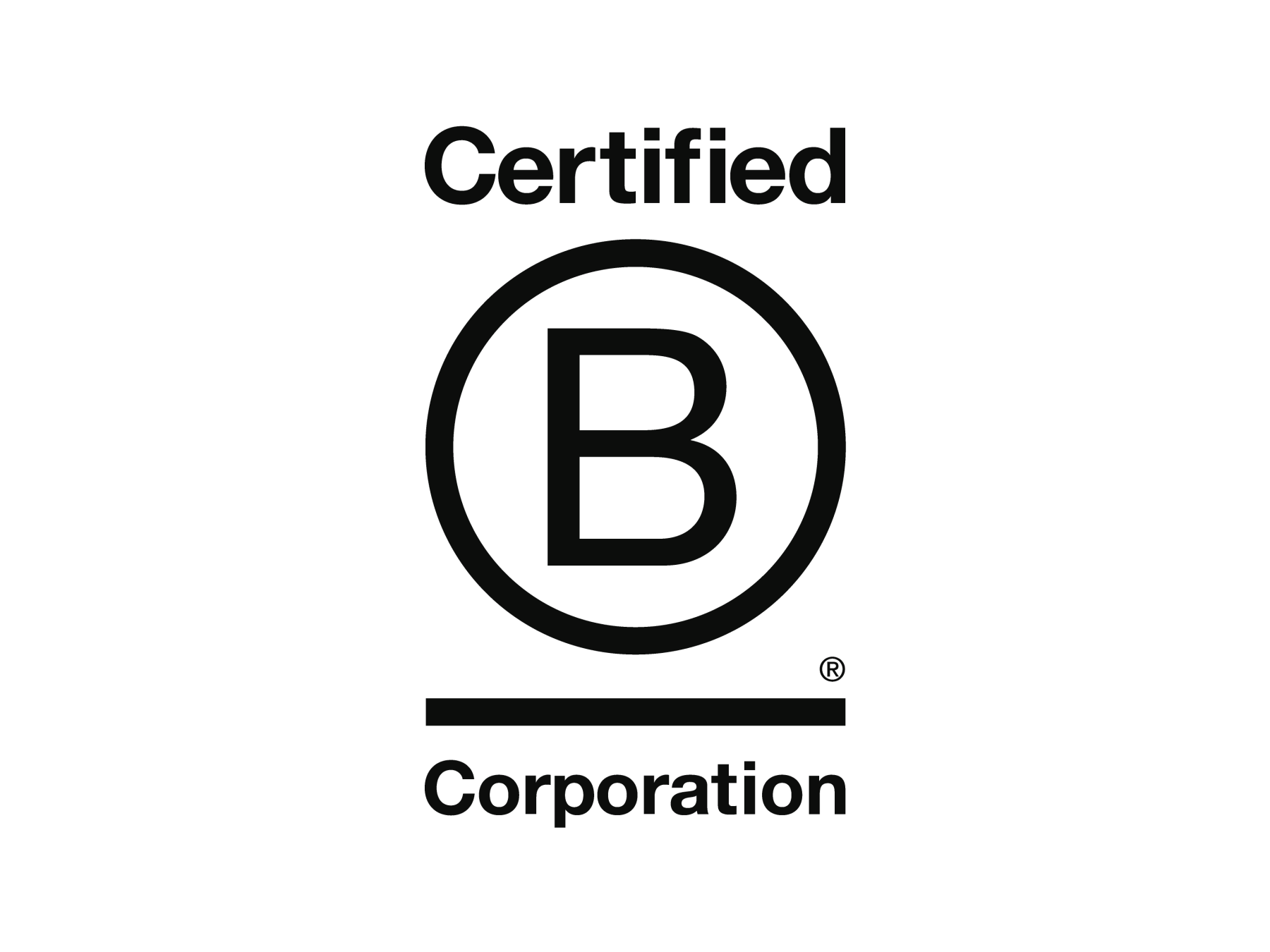Currently, having a purpose is increasingly important for millennials. When looking for a job it is not only about the paycheck anymore. Instead, the new generation that is now making its entry into the job market is looking for ways to contribute to a better world. As a millennial myself, I recognize this desire to make a positive impact. However, during my job search I found out that I still struggled with the concept of purpose.
Questions as “What does it actually mean to have a purpose?”, “Why is purpose important?”, “How can you define purpose?” and “How can I translate having purpose into making a real impact?” were questions that often crossed my mind. More importantly, I recognized that a lot of companies, either big or small, are dealing with similar questions. Now that I have found the perfect job at nlmtd and am able to invest part of my time and income to purposeful projects, I thought it was time to dive into these questions a bit further.
The importance of having a purpose
So why is having a purpose such a big deal for me, millennials and companies? To be able to understand this, let’s first take a look at the definition of purpose. According to the dictionary, purpose is ‘the reason for which something is done or created or for which something exists’. In terms of businesses, having a purpose means having a long-term set of beliefs that underlie the company’s reason of existence. When used properly, these beliefs are intertwined with the mission and strategy statements and can be used to guide strategic decision-making. In addition, purpose helps shape the organizational culture and give employees a sense of meaning. Especially the latter is very important for companies, because when purpose is felt throughout the entire organization it can result in recruitment and retention benefits.
Next to recruitment and retention benefits, having a purpose that complements the company’s mission and vision can create a strong connection with customers. Nowadays, markets are rapidly changing, with new entrants coming in every day. In this highly competitive environment, it is not sufficient to focus only on your product and why it is superior to others. If companies really want to stand out in the crowd, they have to figure out how their brand is going to contribute to a better world. It was shown that when customers relate to similar values and beliefs of a certain company, they are 64% more likely to buy products from that company. This belief-driven behavior evokes trust and loyalty, and together with the benefits with regards to recruitment and retention of employees, clearly show the importance of having a purpose.
How can you define purpose?
Interestingly enough, I found that many articles on how to define purpose tend to refer to a single TED Talk, namely by Simon Sinek. It is from 2009 but still very relevant in my opinion. As Simon explains in this video: “People don’t buy what you do. They buy why you do it.” Sounds easy right? Well, think again. In fact, I tried doing this for a few companies other than the obvious Apple or Google and it is much harder than I thought. Discovering these authentic and unique beliefs at the core of the existence of a company requires time and effort, especially since many of them still start from the ‘what’ and ‘how’ point of view, rather than the ‘why’. As you can imagine, these companies have much more trouble with communicating and persuading the public of their purpose.
Although defining purpose is difficult, this is only the beginning. Companies have to make sure they live by their own ‘rules’ and keep the promises they make to the public. For example, when a company preaches circularity it would be inconsistent if they would not separate their residual streams themselves. Other common pitfalls are defining a purpose that is too ‘general’, or only using purposeful branding as a marketing trick instead of really making a difference.
To help companies with defining their purpose and to prevent these problems in the future, nlmtd has developed an exciting process to help companies to define their company’s purpose in a series of highly engaging workshops. Since we spent much effort getting our own purpose right here at nlmtd, we might just as well help other companies to find and define theirs a bit easier. In addition, we help break down this purpose into tangible outcomes and a roadmap for implementation since living your company’s purpose is what makes it real. This is something that I am really excited about and would love to talk about more, so if you are interested please do not hesitate to contact me via LinkedIn or via elske@nlmtd.com.





